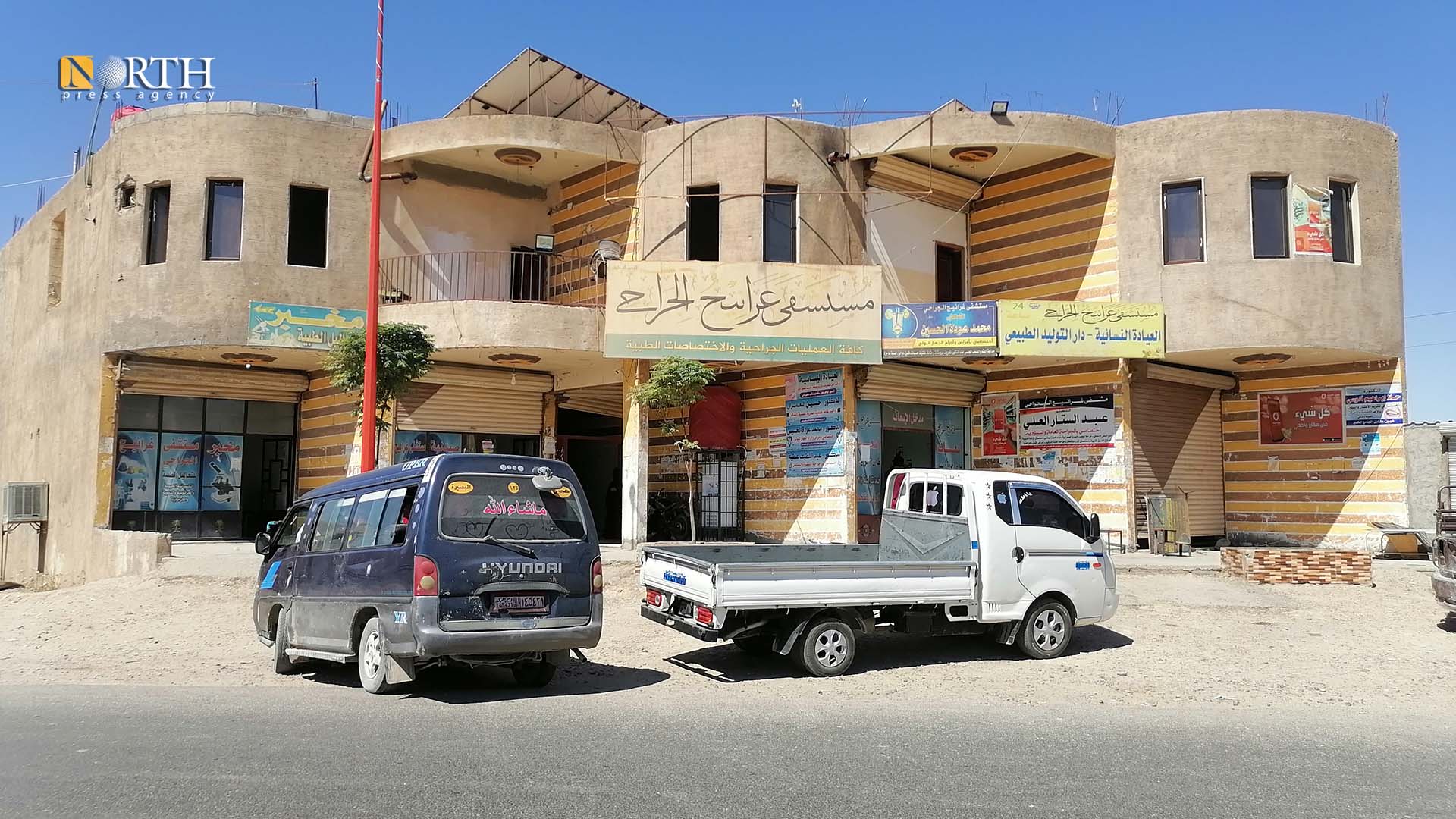Contaminated Euphrates water increases diarrhea, poisoning in Syria’s Deir ez-Zor
DERI EZ-ZOR, Syria (North Press) – A pediatrician in the eastern countryside of Deir ez-Zor, eastern Syria, said these days, he is receiving cases of poisoning and diarrhea amid increasing degrees of temperatures and contamination of Euphrates River water due to its low level after Turkey has seized the amount flowing to the Syrian territories.
“The high temperatures and the diversity of drinking water sources; most of them are contaminated, led to the increase of cases of poisoning, diarrhea and enteritis among residents, especially the children,” Wassim al-Salih, pediatrician in the town of Garanij, 90 km east of Deir ez-Zor, told North Press.
“These cases started to increase more than a month ago when some water stations went out of service so the citizens resorted to fill drinking water through tanks without filtering,” he added.
Al-Salih mentioned that the number of cases of diarrhea, poisoning and enteritis, which are affected by the quality of water, ranges between 50 and 100 cases per day.
The sharp drop of the level of the Euphrates River water affected all environmental and health sectors, according to al-Salih.
The doctor appealed to the UN, the WHO and the international community to pressure Turkey to stop the seizure of the Euphrates water and grant Syria its share of the water.
For more than three months, Turkey has limited the flow of the Euphrates into Syria, depriving large numbers of people of usable water. Turkey reduced the flow of water from the Euphrates River into northeast Syria’s dam gradually, reducing the amount of water received to unprecedented lows.
Turkey keeps water in six dams, the largest of which is Ataturk Dam, the second largest in the Middle East, with a storage capacity of 48 billion m³, violating the international agreement they signed with Syria in 1987 which stated that Syria’s share of water coming from Turkey should be a minimum of 500 m³ per second.
The water flow to the Euphrates River is now limited to less than 200 cubic meters per second, according to the General Administration of Dams in Northeastern Syria.

